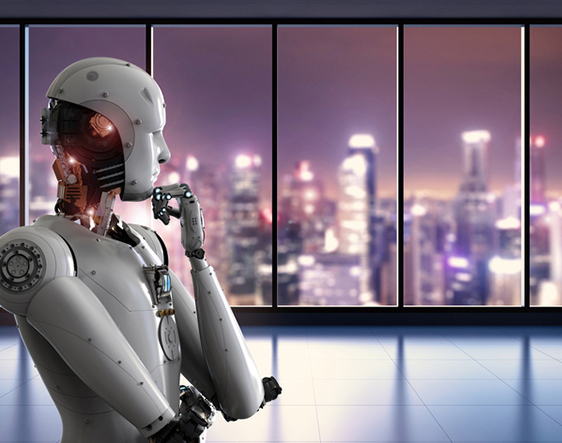HR leaders and employees want to embrace AI, but organisations are failing to prepare the workforce. People are ready to take instructions from robots at work according to a new study conducted by Oracle and Future Workplace, a research firm preparing leaders for disruptions in recruiting, development and employee engagement. Dan Schawbel, Research Director – Future Workplace and author of Back to Human.
The study of 1,320 U.S. HR leaders and employees found that while people are ready to embrace Artificial Intelligence (AI) at work, and understand that the benefits go far beyond automating manual processes, organisations are not doing enough to help their employees embrace AI and that will result in reduced productivity, skillset obsolescence and job loss.
The study – AI at Work – identified a large gap between the way people are using AI at home and at work. While 70 percent of people are using some form of AI in their personal life, only 6 percent of HR professionals are actively deploying AI and only 24 percent of employees are currently using some form of AI at work. To determine why there is such a gap in AI adoption when people are clearly ready to embrace AI at work (93 percent would trust orders from a robot), the study examined HR leader and employee perceptions of the benefits of AI, the obstacles preventing AI adoption and the business consequences of not embracing AI.
Employees and HR Leaders See the Potential of AI
All respondents agreed that AI will have a positive impact on their organisations and when asked about the biggest benefit of AI, HR leaders and employees both said increased productivity. In the next three years, respondents expect the benefits to include:
Employees believe that AI will improve operational efficiencies (59 percent), enable faster decision making (50 percent), significantly reduce cost (45 percent), enable better customer experiences (40 percent) and improve the employee experience (37 percent).
HR leaders believe AI will positively impact learning and development (27 percent), performance management (26 percent), compensation/payroll (18 percent) and recruiting and employee benefits (13 percent).









